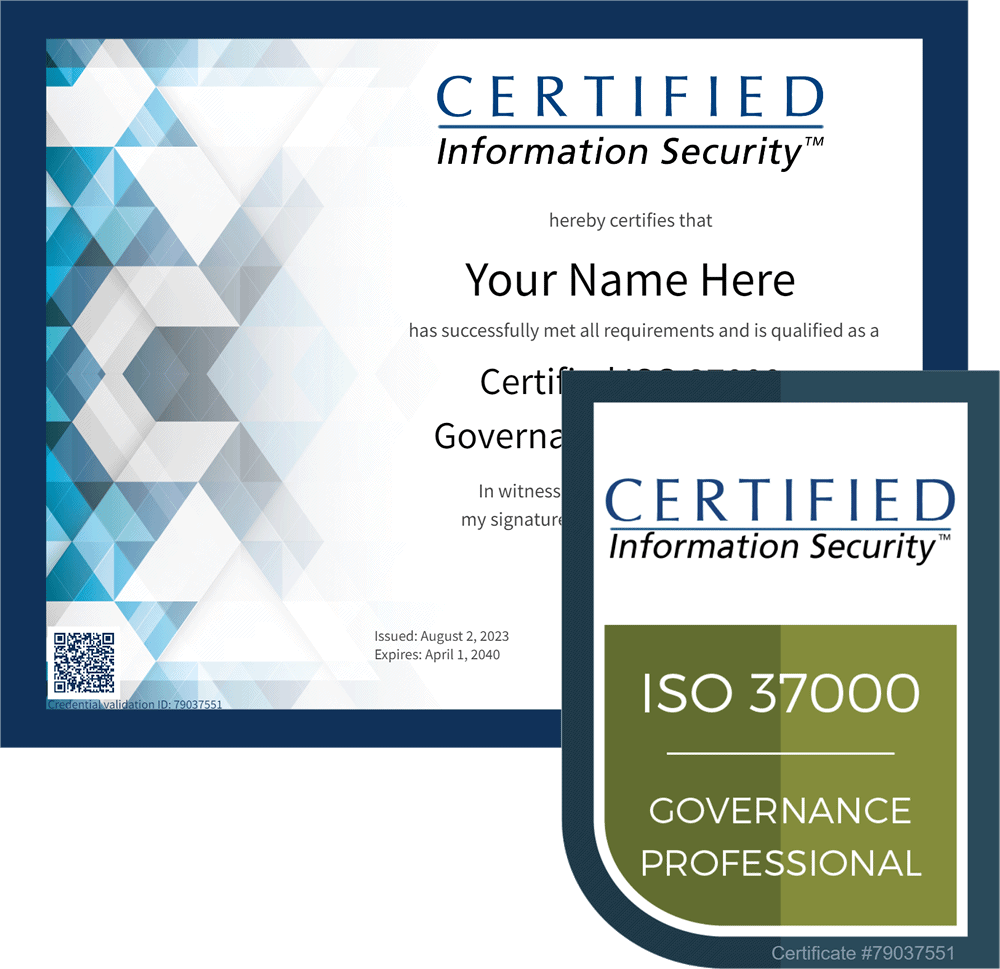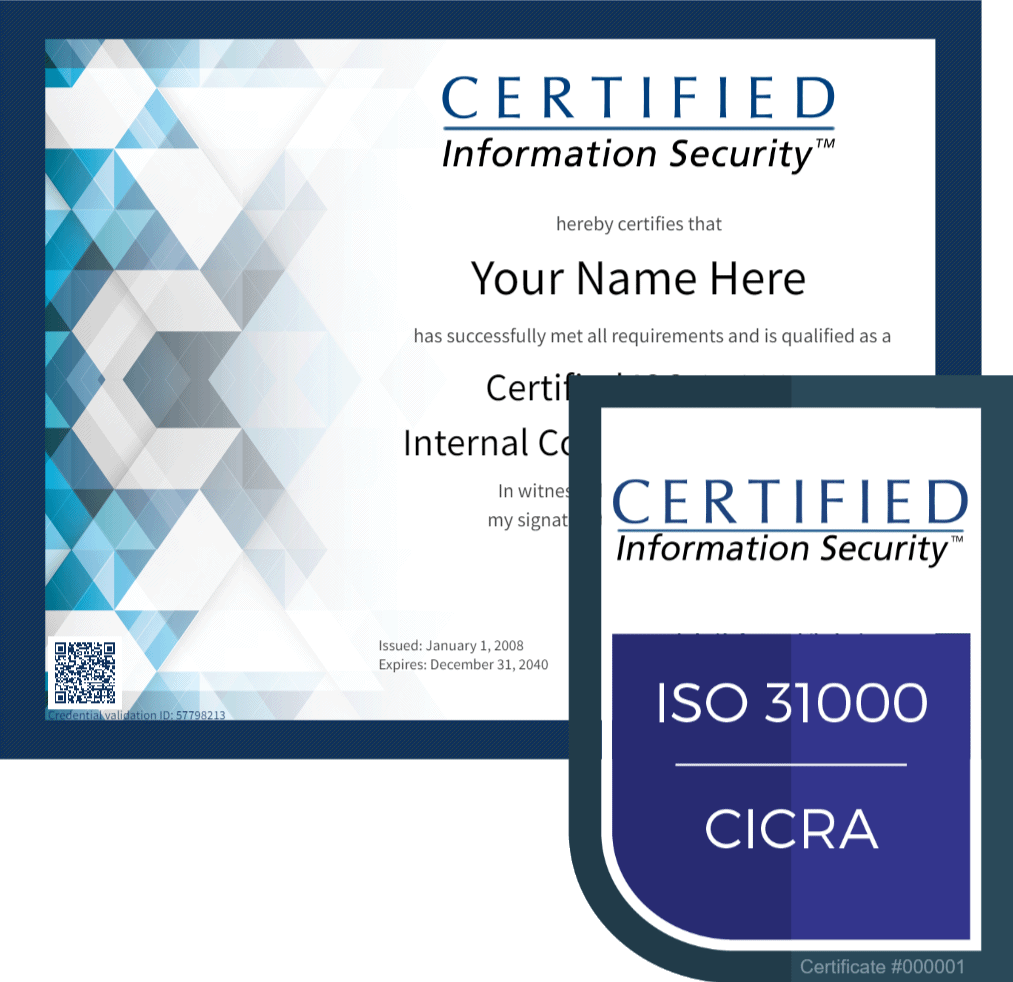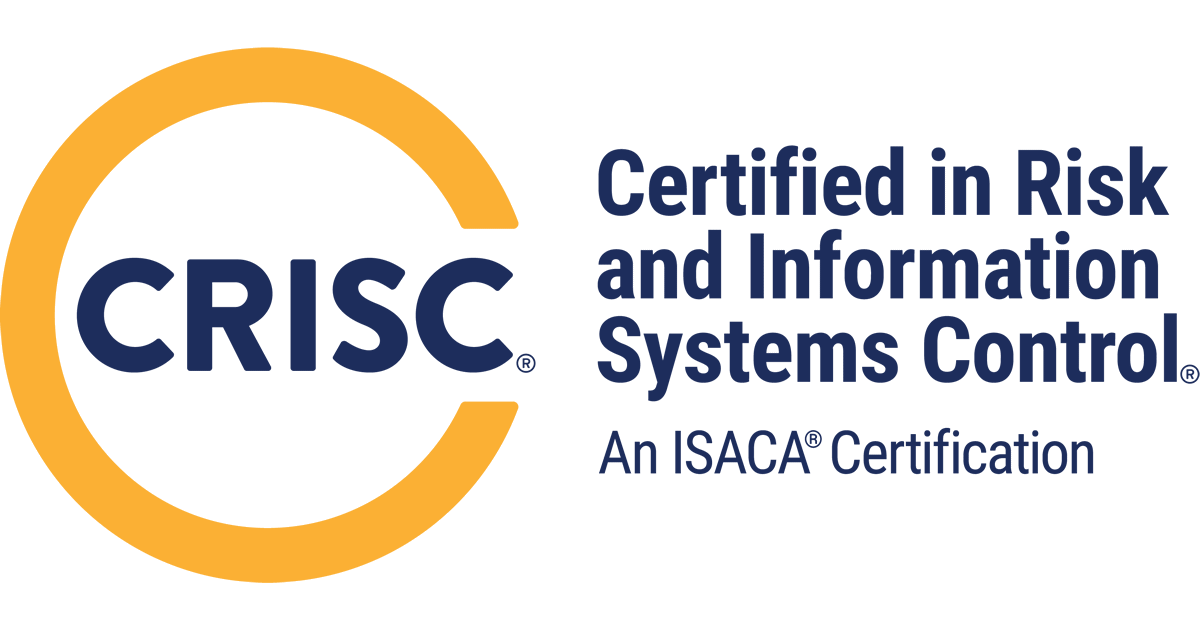Editor Code Preview
iso 42001 lead auditor artificial intelligence certification
artificial intelligence certification training course |
online iso certification program |
ai course training |
ai artificial intelligence class |
nist ai rmf certification |
rmf training exam certification |
iso lead implementer |
nist ai rmf training |
iso lead auditor |
artificial intelligence certification course, ai course ![]()
![]()
![]()
![]()
![]()
Data science indicates machine learning is deep learning in natural language processing. Deep learning requires machine learning in natural language processing according to data science. Machine learning is prevalent in computer science and real-world data analytics. decision making in the computer vision is with neural networks allows on to skip to main content with rights reserved for a professional certificate. Data science indicates machine learning is deep learning in natural language processing. Deep learning requires machine learning in natural language processing according to data science. Machine learning is prevalent in computer science and real-world data analytics. Reinforcement learning is necessary for the data professor . Machine learning deep learning supply chain topics supports better learning and artificial intelligence. After all, digital transformation is data driven by industry experts in language models, supervised learning, and learning algorithms. Software development requires linear algebra.
Integrate AI for success in your organization.
Leverage the new ISO AI Management System framework
to maximize opportunity while minimizing risk.
Unlocking Business Success with ISO 42001 and Artificial Intelligence
In today's rapidly evolving technological landscape, businesses are constantly seeking ways to stay ahead of the curve. One of the most promising avenues for achieving this is through the implementation of Artificial Intelligence (AI). However, with great power comes great responsibility. This is where the ISO AI Management System standard comes into play. This international standard provides a comprehensive framework for managing AI systems, ensuring they are used responsibly and effectively to drive business success. Artificial Intelligence has the potential to revolutionize the way businesses operate. From automating routine tasks to providing deep insights through data analysis, AI can significantly enhance efficiency and productivity.
Understanding and implementing the ISO 42001 AI Management System
ISO 42001 is the world's first AI management system standard. It specifies the requirements for establishing, implementing, maintaining, and continually improving an Artificial Intelligence Management System (AIMS) within organizations. This standard is designed for entities providing or utilizing AI-based products or services, ensuring responsible development and use of AI systems.
While the benefits of AI are undeniable, it is crucial to implement AI systems responsibly. ISO 42001 provides a robust framework for achieving this. Here are some key aspects of the standard:
- Risk Management: The ISO AI Management System standard requires organizations to implement processes for identifying, analyzing, evaluating, and monitoring risks associated with AI systems. This ensures that potential issues are addressed proactively, minimizing the impact on business operations.
- Ethical Considerations: The standard emphasizes the importance of ethical AI use. Organizations must ensure that their AI systems are transparent, fair, and accountable. This includes addressing biases in AI algorithms and ensuring that AI decisions can be explained and justified.
- Continuous Improvement: ISO standard promotes a culture of continuous improvement. Organizations are required to monitor the performance of their AI systems and implement corrective actions as needed. This ensures that AI systems remain effective and relevant in a rapidly changing technological landscape.
What about the NIST AI Risk Management Framework 1.0? Which one should we use?
Both! ISO 42001 is the international standard for overall AI program governance and management, while the ISO 31000, ISO 23894, ISO 42005, and NIST AI RMF 1.0 risk frameworks provide guidance for managing AI risk within an ISO 42001 AI Management System. The standards and frameworks don't compete; they work together for more fulsome, comprehensive, responsible, and trustworthy AI management and integration throughout your organization and its business processes.

The purpose of the 2-day course is to:
- Provide thorough coverage of ISO ISO AI Management System requirements and recommendations for AI strategy, governance, roles and responsibilities, risk management, assessment, monitoring, review, and improvement;
- Understand how to integrate AI risk management into overall Enterprise Risk Management;
- Prepare you for your certification exam required for Certified ISO 42001 Lead Implementer and Lead Auditor professional credentialing. Please note that the Lead Implementer certification is a stacking credential that requires current CIS Certified ISO 31000 Internal Controls Risk Analyst (CICRA) certification as a prerequisite for both Certified ISO 42001 Lead Implementer and ISO 42001 Lead Auditor certification eligibility.
Upon completion of this training and certificate program, participants will:
- Be equipped with knowledge and skills required to plan, implement, manage, monitor, assess, and improve policy and program in line with the ISO 42001 and related standards of best practice;
- Expand your AI management competency; and
- Be prepared to integrate a robust and certifiable 42001 AI Management System.

















